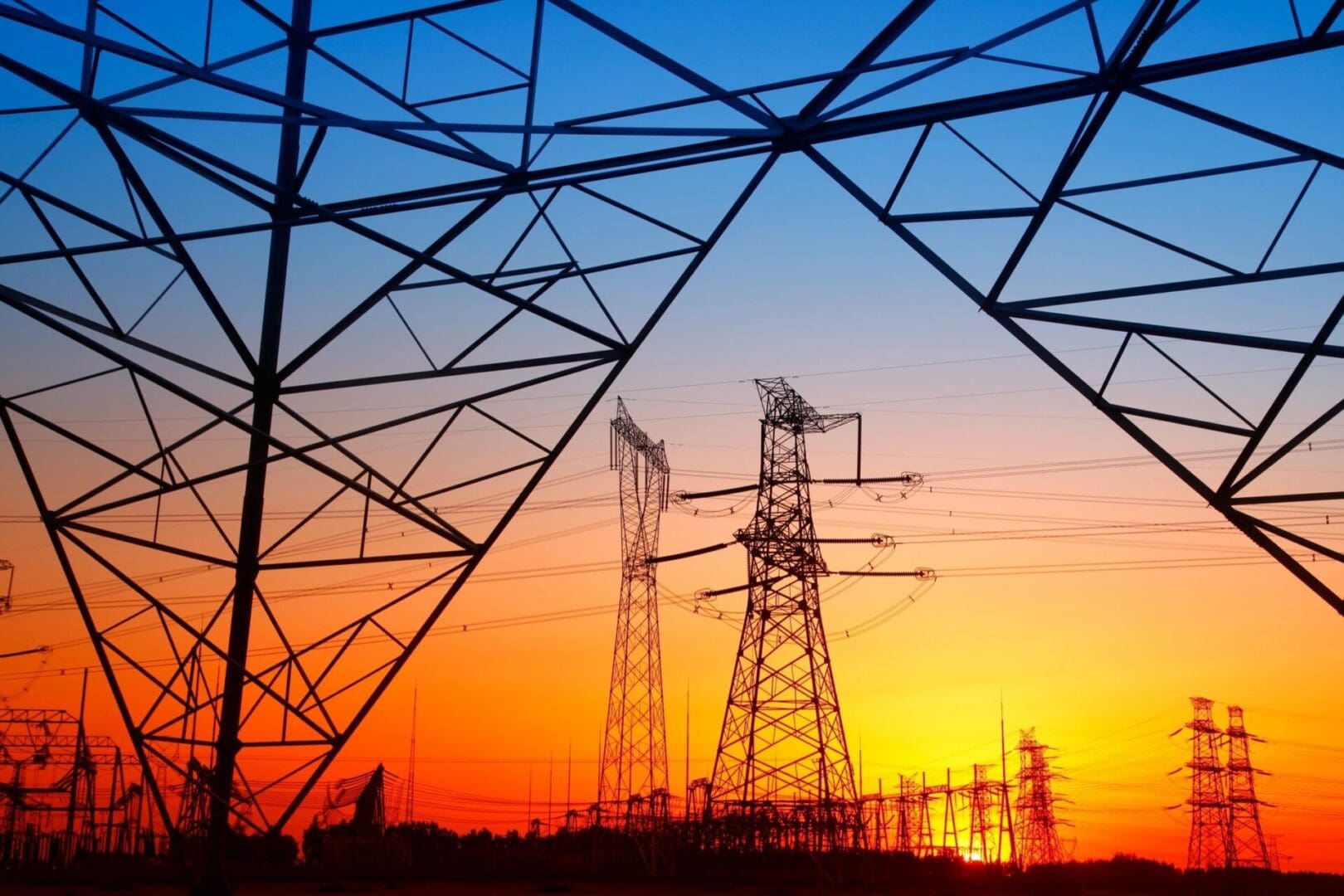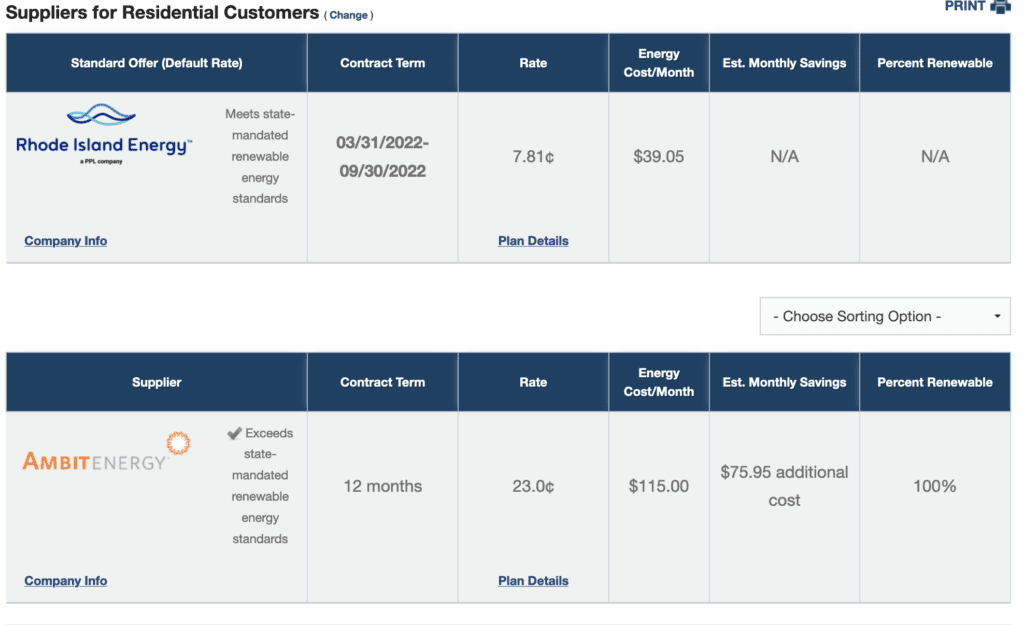Search Posts
Recent Posts
- In the news: Quick recap of the week’s news… 6.14.25 June 14, 2025
- Drowning in corruption in Bonnet Shores: Hundreds sign petition. No action by lawmakers. June 14, 2025
- Rhode Island Weather for June 14, 2025 – Jack Donnelly June 14, 2025
- Burn with Kearns: Train smarter, not harder. Multi-use fitness tools – Kevin Kearns June 14, 2025
- Out & About in RI: Miriam Hospital Gala raises over $890,000 June 14, 2025
Categories
Subscribe!
Thanks for subscribing! Please check your email for further instructions.

(Updated) Local electric rates to soar, be prepared – Rhode Island Energy
(See update to the original story at bottom of article)
Issuing a press release with this title – “Rhode Island Energy Encourages Customers to Prepare Now for Significantly Higher Winter Electricity Supply Prices” – Rhode Island Energy, the new owner of National Grid, formerly New England Electric, residents of Rhode Island have been “forewarned” about electric costs for both businesses and residences. This announcement comes after several “welcome to Rhode Island” media opportunities where the company said they would administer electric grid resources more quickly, efficiently and economically. Others mention their promise not to raise rates for 3 years in their contract with the state.
The statement from RI Energy:
“Despite summer rates being the lowest in years, escalating costs of natural gas will have major impact on electricity supply prices starting October 1.
While most Rhode Islanders use less electricity in the winter months, they likely won’t see a decrease in their monthly electric bills this winter as they may have noticed in the past. That’s because there are several ongoing market conditions that are impacting most sectors of the economy, including the rising cost of natural gas and other global economic events, which are driving up the price of electricity supply.
Rhode Island Energy delivers electricity to customers, but it doesn’t own the power plants where that electricity is generated. Customers can shop around and choose the electricity supplier that is right for them. If a customer chooses not to shop around for electricity supply, the company secures the energy supply customers need to power their homes and businesses and passes it on to customers at cost without any profit. That rate is called the Last Resort Service (LRS) rate.
Today, Rhode Island Energy submitted its filing for the winter rate season to the Rhode Island Public Utilities Commission for their review, which it does twice a year for residential and commercial customers.
“When prices went down to one of their lowest levels in years this spring, the winter forecasts did not look good. Unfortunately, those forecasts were accurate and the price of electricity this winter is something we have never seen before,” said Dave Bonenberger, president of Rhode Island Energy. “Now that we know the full impacts, we all need to lookout for one another, help each other save on our energy consumption, and educate more people about the programs that can help assist their neighbors.”
Rhode Island Energy’s LRS rates are updated twice a year, and the energy secured for its customers is based upon competitive energy auctions. The auctions are designed to secure the lowest rate offered.
The proposed winter supply rates are temporary and would be in effect October 1 to March 31. Last year’s LRS winter rate for the average residential customer was 10.882¢/kWh. The new rates for the upcoming winter season, if approved by the Commission, will be 17.785¢/kWh for residential customers, up from the summer rate of 7.810¢/kWh. For small business customers, the new proposed rate would be 18.279¢/kWh, up from the summer rate of 8.047¢/kWh.
A residential customer who is receiving LRS – and paying the new rate – will see the price of their electricity supply increase by about $52 per month. This is based on an average use of 500 kWh of electricity per month. For many customers, however, electric use decreases in the colder months when air conditioners are not being used to cool their homes or businesses.
Considering that such a significant amount of electricity generation is driven by natural gas on the wholesale energy market, when the price of natural gas goes up, it has a significant impact on the price of electricity. Greater demand for Liquefied Natural Gas (LNG) in Europe and Asia is also having an impact.
“We know that anytime the household budget sees an increase, it can create anxiety for our customers. That’s why we’ll continue to share with customers ways they can decrease their energy use and learn about billing assistance programs for those who need it. We are also working with regulators to ensure the bill credits and debt forgiveness commitments we made as part of the purchase of Narragansett Electric can be credited to customers in the coming months,” added Bonenberger.
There are several actions customers can take to help minimize the impact of this change on their electric bills:
- Shop for electricity: We encourage customers to use the Last Resort Service rates as a reference point when shopping for the electricity supplier that offers the service and price that is right for them. If customers do choose to shop for a supplier, we encourage them to pay attention to the specific terms of the agreements they sign. Sometimes suppliers offer introductory offers or special incentives. Customers should be aware of variable rates that often start low and then increase significantly with the price of energy. For tips on smart shopping, visit https://www.ri.gov/app/dpuc/empowerri.
(Comparison at 500/kvh)

- Save energy: Reducing the amount of energy used at a home or business can save customers money on their monthly bills. Rhode Island Energy offers tips, programs, and rebates that can help. Residential customers can also sign up for a free home energy audit. For more information, visit RIEnergy.com.
- Get bill assistance: We offer numerous programs and tools – including budget billing and payment plans – to help customers who are having trouble keeping up with their electric bills. To learn more, visit RIEnergy.com or call us 1.800.RIE (743).1104.
In the weeks ahead, the Commission will review the proposed LRS rates and likely hold a hearing on them before making a decision on whether or not they will be implemented.
About Rhode Island Energy
Rhode Island Energy provides essential energy services to over 770,000 customers across Rhode Island through the delivery of electricity or natural gas. Our team is dedicated to helping Rhode Island customers and communities thrive, while supporting the transition to a cleaner energy future. Rhode Island Energy is part of the PPL Corporation (NYSE: PPL) family of companies addressing energy challenges head-on by building smarter, more resilient and more dynamic power grids and advancing sustainable energy solutions. For more information visit www.RIEnergy.com and stay connected on Twitter, Facebook, and Instagram. For further information: Ted Kresse, 401.799.7000, TRKresse@rienergy.com
UPDATE: The RI Attorney General said he would file a motion to intervene and review the rate increase being mentioned by RI Energy. A spokesperson for the RI PUC said these “new” rates are not that much out of line with other New England states.

47%?????
Nothing should go up 47%
How much is natural gas going up?
Looks like global warming adjustments will bankrupt the low to middle income segment of the U.S.